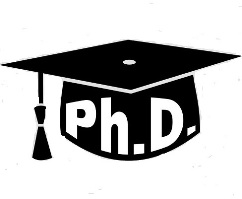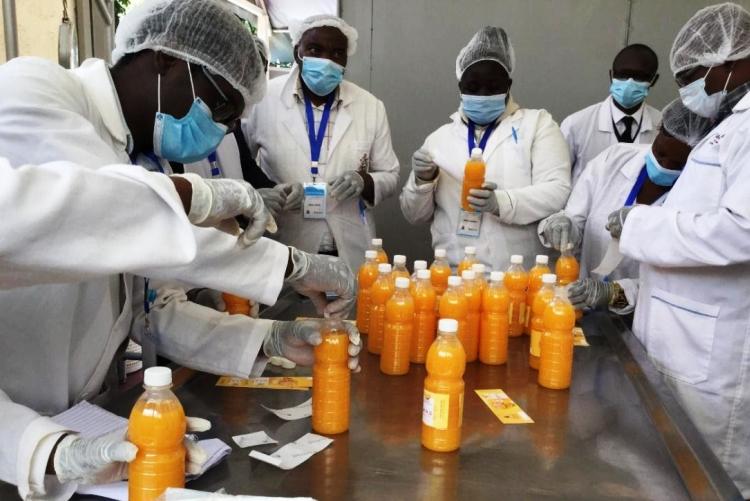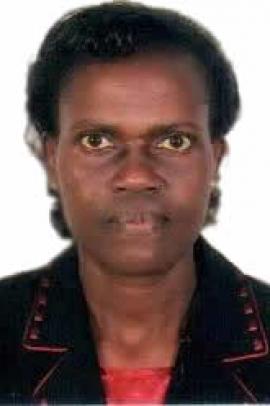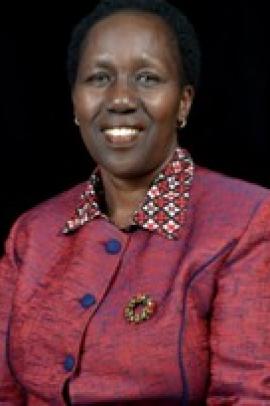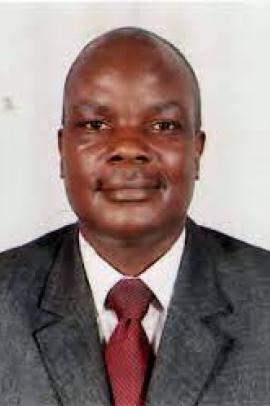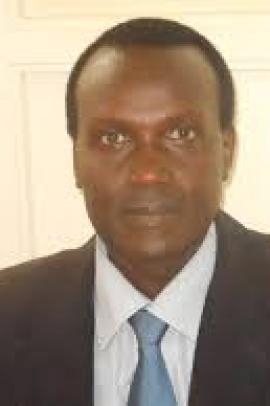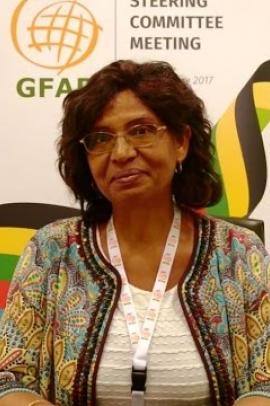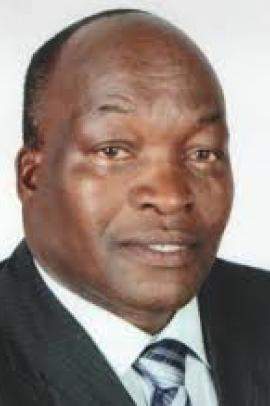The Strengthening Kenyan Small-scale Mango Processors to Access Market and Reduce Losses (SAP) Project team has embarked on a series of training and capacity building activities for mango farmers and processors in Kenya. The SAP project is a collaborative initiative between the University of Nairobi (UON) and Purdue University (USA) which is supported by the Rockefeller Foundation (Yieldwise initiative). The project is also supported by the Foundation for Food and Agriculture Research (FFAR) through the Consortium for Innovation in Post-Harvest Loss & Food Waste Reduction.
The goal of the project is to increase availability and adoption of improved and modern fruit processing technologies to expand markets, reduce food losses, and improve access to high quality nutritious foods in Kenya.
The University of Nairobi serves as a ‘Hub’ whose role is to develop and optimize food processing technologies and develop innovative food products/processes. The research products from the Hub are to benefit smallholder farmers, processors and others who are referred to as ‘spokes’. The spokes are expected to use the research products (knowledge, technologies/innovations, good practices etc.) from the Hub to improve their processing activities so as to meet their target markets requirements.
Therefore on 28th and 29th January 2021, the SAP project team organized a training session for a group of traders from the Association of Kenya Mango Traders (AKMT) at the Food Processing Hub. The AKMT is a spoke that has been supported by the SAP project to establish a simple mango processing line in Ruiru town. At the moment, the focus of AKMT is to transform the unsold mango fruits into fruit pulp to reduce postharvest losses at the market level.
On 2nd and 3rd February 2021, the SAP project team organized another training session for Kawala Horticultural Farmers from Makueni County. The Kawala group are beneficiaries of previous capacity building activities conducted by the UON Postharvest Research team. They are also the first beneficiaries of the Coolbot Cold Storage Technology in Kenya which was installed by the UON under the USAID’s Kenya Innovation Engine. The group wants to venture into small-scale processing mango fruits. The training was therefore aimed at enlightening them on the diverse products that can be processed from mango fruits.
The two-day training activity for the two separate groups had two sessions; an intensive theory session to cover the basic principles in fruit/food processing and a practical session. The theory session was conducted virtually using the Google meet platform. The opening ceremony of the virtual theory session was graced by the Chairmen of the participating Departments; Plant Science & Crop Protection (Prof. James Muthomi) and Food Science, Nutrition & Technology (Dr. George Abong’). Also present to officially open the training was the Dean Faculty of Agriculture, Prof. Moses Nyangito and Principal, CAVS, Prof. Rose Nyikal.
The theory session was followed by a full day practical training on wet and dry processing of various mango products. The two groups were trained on wet and dry processing of various mango products including pulp, ready-to-drink juices, mango jam, mango chutney, mango-yoghurt, mango wine, canned mango slices, mango chips and mango rolls/leathers.
At the end of the two-day training for each group, the participants appreciated the enormous opportunities that value addition of mango fruits presents for agribusiness ventures. The SAP project team will continue to conduct targeted training sessions on request from interested groups.
For more information about the SAP project, contact Prof. Jane Ambuko E-mail: jane.ambuko@uonbi.ac.ke Twitter @ambuko


Trainees packaging the dried mango chips and mango rolls from their practical training session
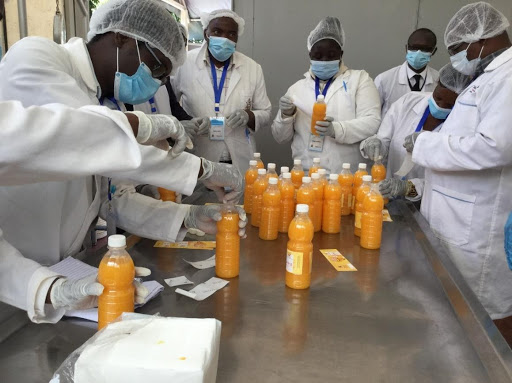
Trainees packaging the ready-to-drink juice from their practical training session
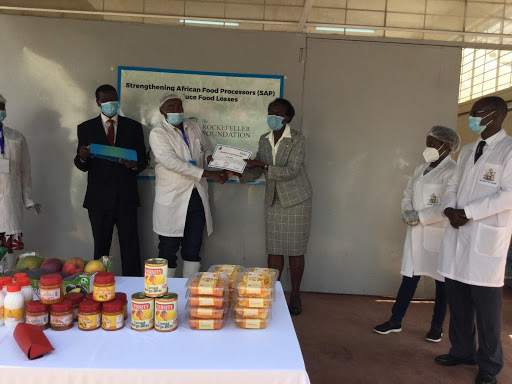
The Principal CAVS, Prof. Rose Nyikal and the Dean, FoA, Prof. Moses Nyangito awarding certificate of participation to the Kawala Group Trainees

The Principal, Prof. Rose Nyikal receives a gift of fresh mango fruits from the Kawala Group leader, Mrs Teresia Benjamin
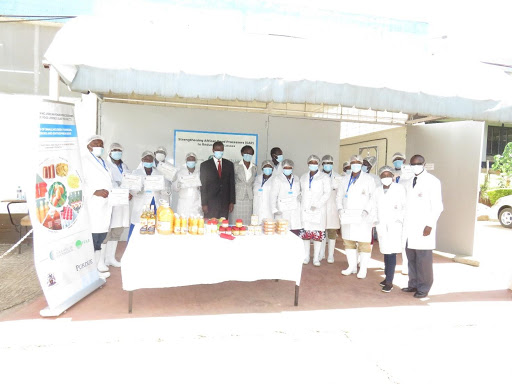
The Dean, Principal, Trainers and Kawala Group Trainees pose for a group photo



